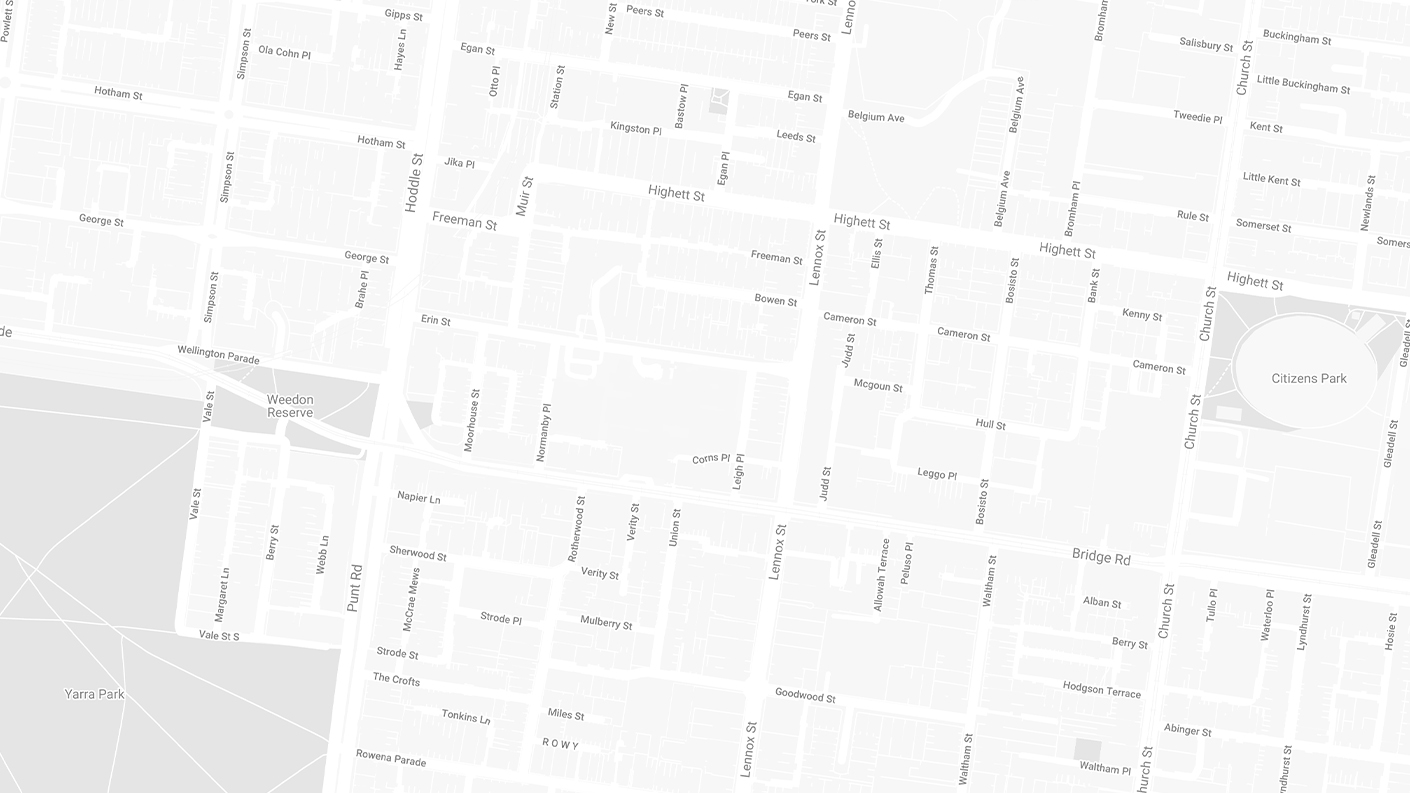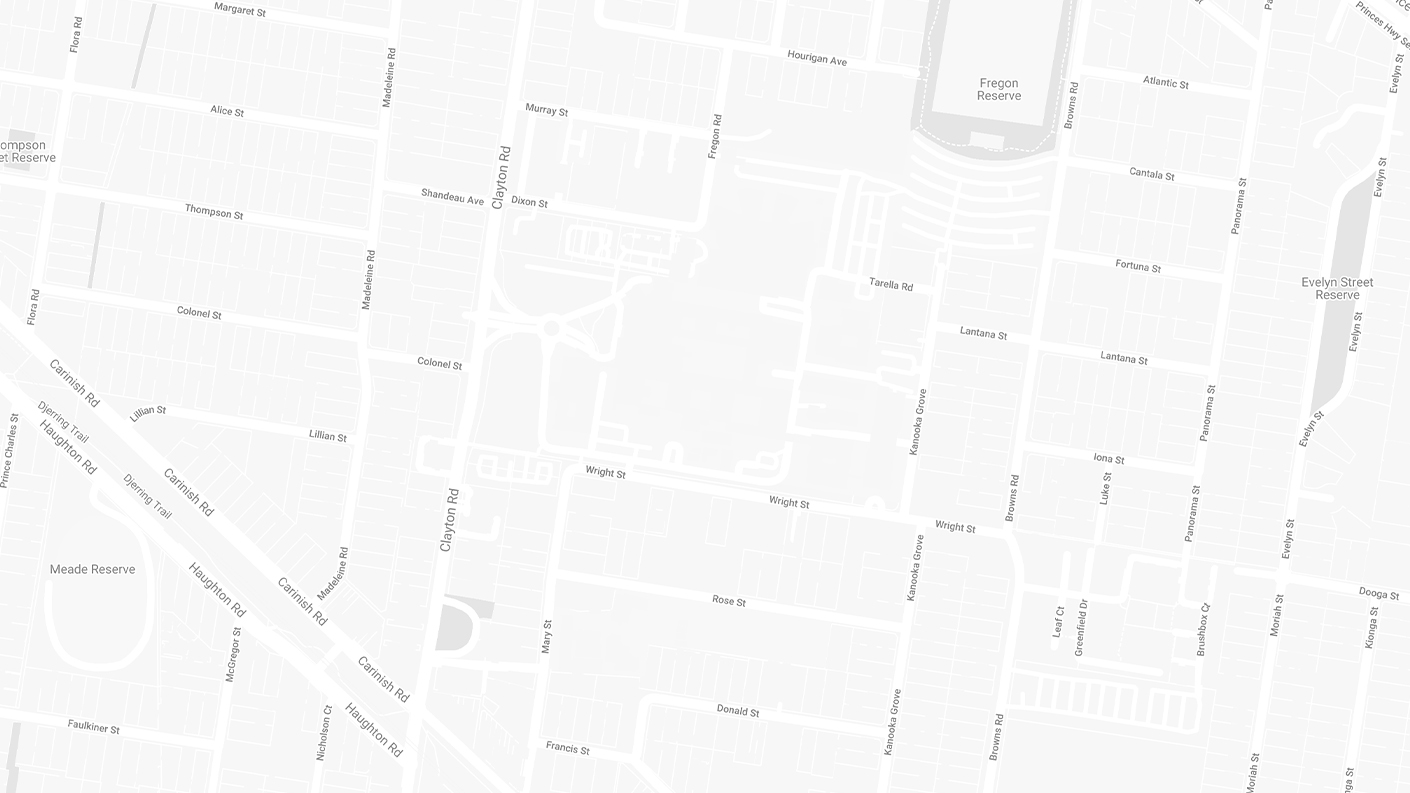
The adrenal glands form part of the endocrine system and produce hormones that play a role in important bodily functions.
The two adrenal glands are located on top of the kidneys. As part of the endocrine system, these glands produce a number of hormones that play an important role in some of the body’s functions and have a considerable effect on one’s overall health.
Read on to find out exactly what the adrenal glands do, what affects their function, and what you should do if you have an adrenal disorder…
What do the adrenal glands do?
Located on top of each kidney, the adrenal glands contain what is known as an outer adrenal cortex. This component of the gland produces a number of steroid hormones, including cortisol and aldosterone. The adrenal glands also contain an inner adrenal medulla, which produces hormones such as adrenaline and noradrenaline.
All of these hormones perform important functions. Aldosterone plays a role in regulating blood pressure by balancing potassium and sodium levels in the body; while cortisol works with adrenaline and noradrenaline to cope with stress. Cortisol also plays a role in regulating one’s blood pressure, metabolism and sugar levels.
The pituitary gland, which also forms part of the endocrine system, controls the adrenal glands. If the pituitary gland is disrupted in some way, the production of adrenal hormones will be affected. This, in turn, can lead to a number of health-related issues.
When do adrenal disorders occur?
If the pituitary gland does not function as it should and hormone production is affected, an adrenal gland disorder can develop. Other possible causes of adrenal gland disorders include tumours in the adrenal glands (either benign or cancerous); spread of cancer to the adrenal glands; and genetic mutations that may be inherited.
Some of the adrenal gland disorders that can develop include Addison’s disease, which occurs when the adrenal glands do not produce as much cortisol or aldosterone as they should; Cushing’s disease, which occurs when too much cortisol is produced; and adrenal cancer, which is caused by the development of tumours on the glands.
How do you know if you have an adrenal gland disorder?
There are a number of symptoms that could indicate an adrenal gland disorder. These include fatigue; dizziness; nausea; sweating; low blood sugar and low blood pressure. You might also notice unexplained weight gain or weight loss; pain in the joints and muscles; and dark patches that develop on the skin. In most cases, the symptoms associated with an adrenal gland disorder begin mildly but tend to worsen over time. If you have noticed any of these potential warning signs fairly frequently, it is worth consulting with your doctor.
Your doctor will perform a combination of blood, urine and imaging tests to check for an adrenal gland disorder. In some cases, these disorders can be treated with hormone replacement therapy or medications to control overactive functions, although surgery is sometimes the best option. Surgery is often recommended in cases where it is necessary to remove tumours and when hormone suppressants have proven unsuccessful.
It is very important that you seek treatment for adrenal gland disorders if you have been diagnosed with one because the adrenal glands and the hormones that they produce are vital for maintaining overall health.
How can we help?
Associate Professor James Lee offers a range of endocrine procedures, including adrenal surgery. He performs a comprehensive range of adrenal procedures for a variety of conditions and is highly experienced in the field.
When it comes to adrenal surgery, there are a few approaches that may be taken. These include open surgery, posterior laparoscopic surgery and anterior laparoscopic surgery. The approach that is best for you will depend on a few factors, including the particular issue that you need to be addressed.
To find out more about adrenal surgery and how Associate Professor James Lee can assist you with your treatment, please have a look here.
If you would like to arrange a consultation with Associate Professor James Lee, please get in touch here or give us a call on (03) 9246 6466.
CONTACT US
Get in touch

Ask a question or Book an appointment.
Please fill in the online enquiry form to ask a question or book an appointment.
Or call today on (03) 9246 6466
Get in touch
For any enquiries, concerns, or to book a consultation, get in touch with our friendly team. We look forward to hearing from you.






